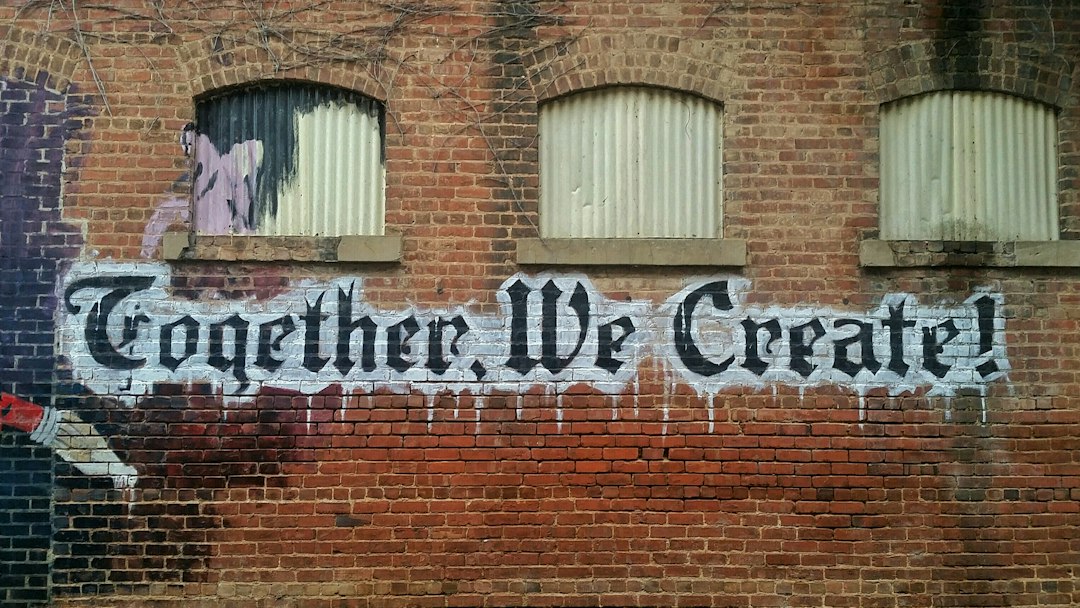What is it about?
Despite many efforts to combat irregular immigration, there is a widespread perception of a failure of public policies in this field. But because unauthorized immigrants, are officially excluded from formal labour markets, housing markets and most welfare provisions, they can settle if they find other sources of work, income, housing, and social protection. In this regard, a crucial role is played by various intermediaries: people or institutions who favour the entrance of immigrants, their entry into the labour market, accommodation, response to their social needs, and possibly regularization. They can act for profit, but also for moral reasons. They can break the laws and work in the shadows, but they can also work in legal forms. In this article, I will explore the identities of these intermediaries and their practices of support towards irregular migrants. My purpose is to show 1) what precisely constitutes intermediation, in what activities it can be factored, and what the main categories of intermediaries are; 2) that the implementation of migration policies is hindered not only by migrants’ practices to circumvent controls but also by the action of these intermediaries. For this reason, too, it is so difficult to eradicate
Featured Image
Why is it important?
The role of intermediaries is crucial in explaining the limited success of policies against irregular immigration
Perspectives
This article is part of a long-standing research on irregular immigration. A book will be published by Palgrave (Pivot series) in Automn 2017
Professor maurizio ambrosini
Universita degli Studi di Milano
Read the Original
This page is a summary of: Why irregular migrants arrive and remain: the role of intermediaries, Journal of Ethnic and Migration Studies, December 2016, Taylor & Francis,
DOI: 10.1080/1369183x.2016.1260442.
You can read the full text:
Contributors
The following have contributed to this page










